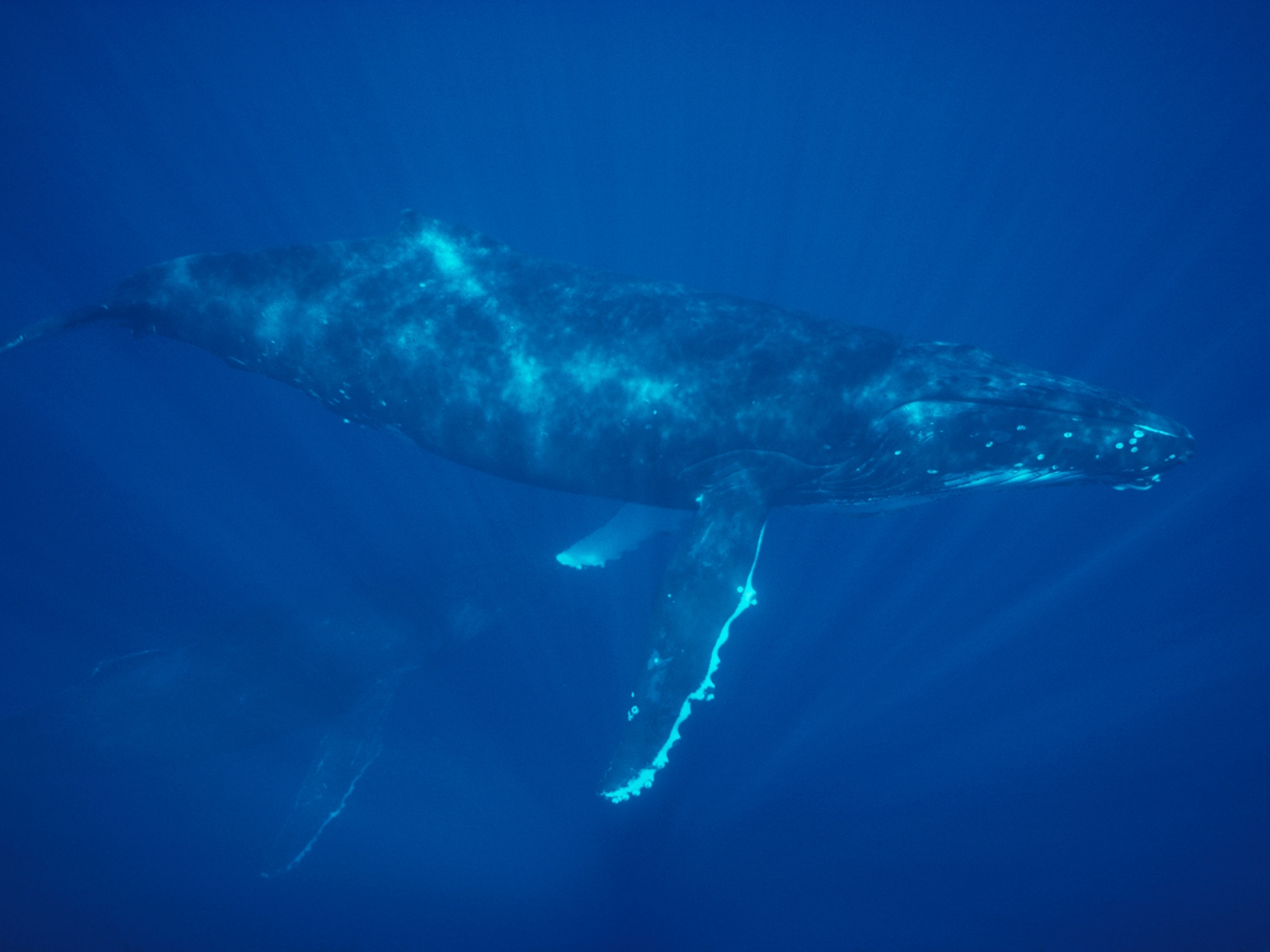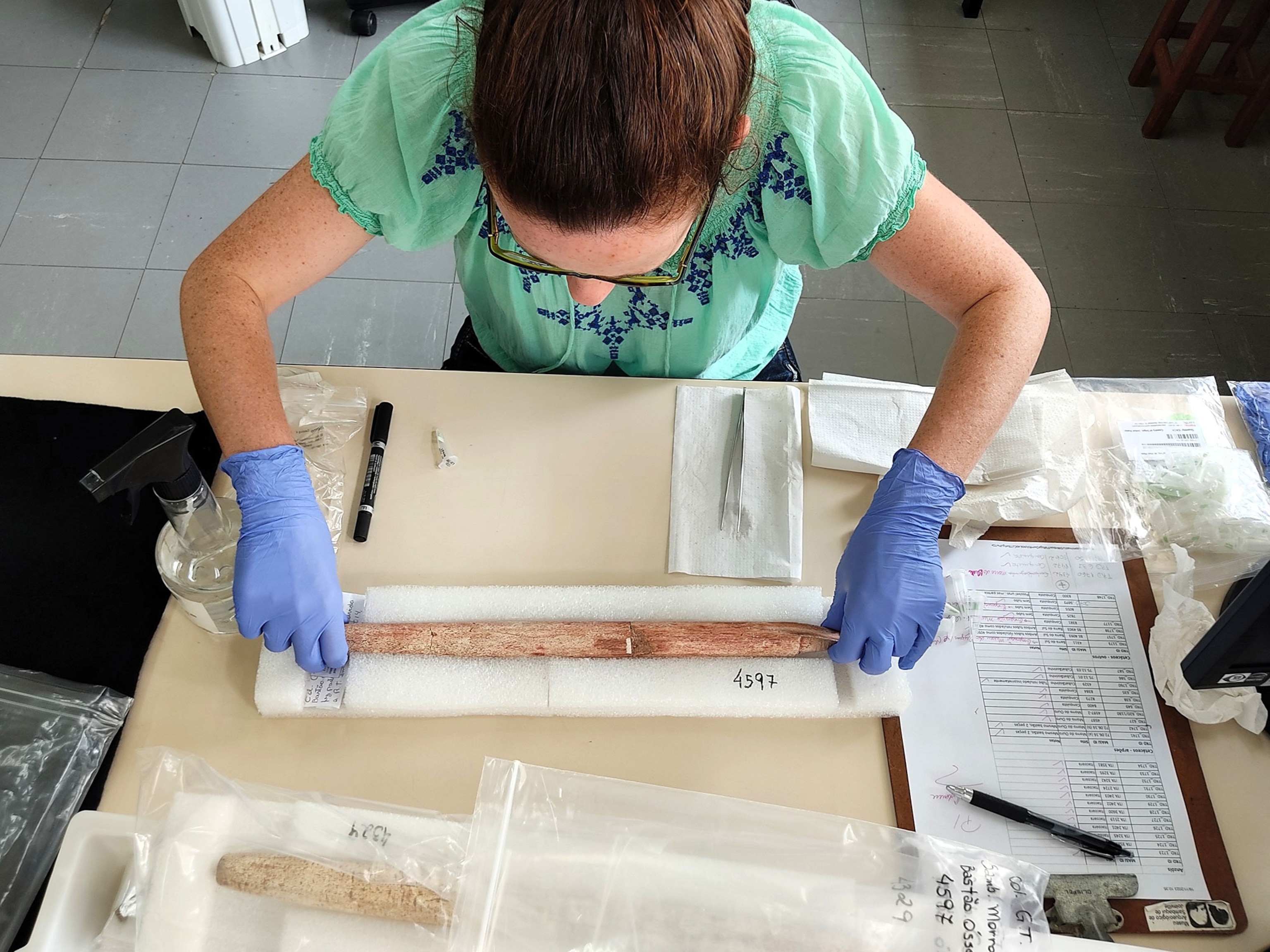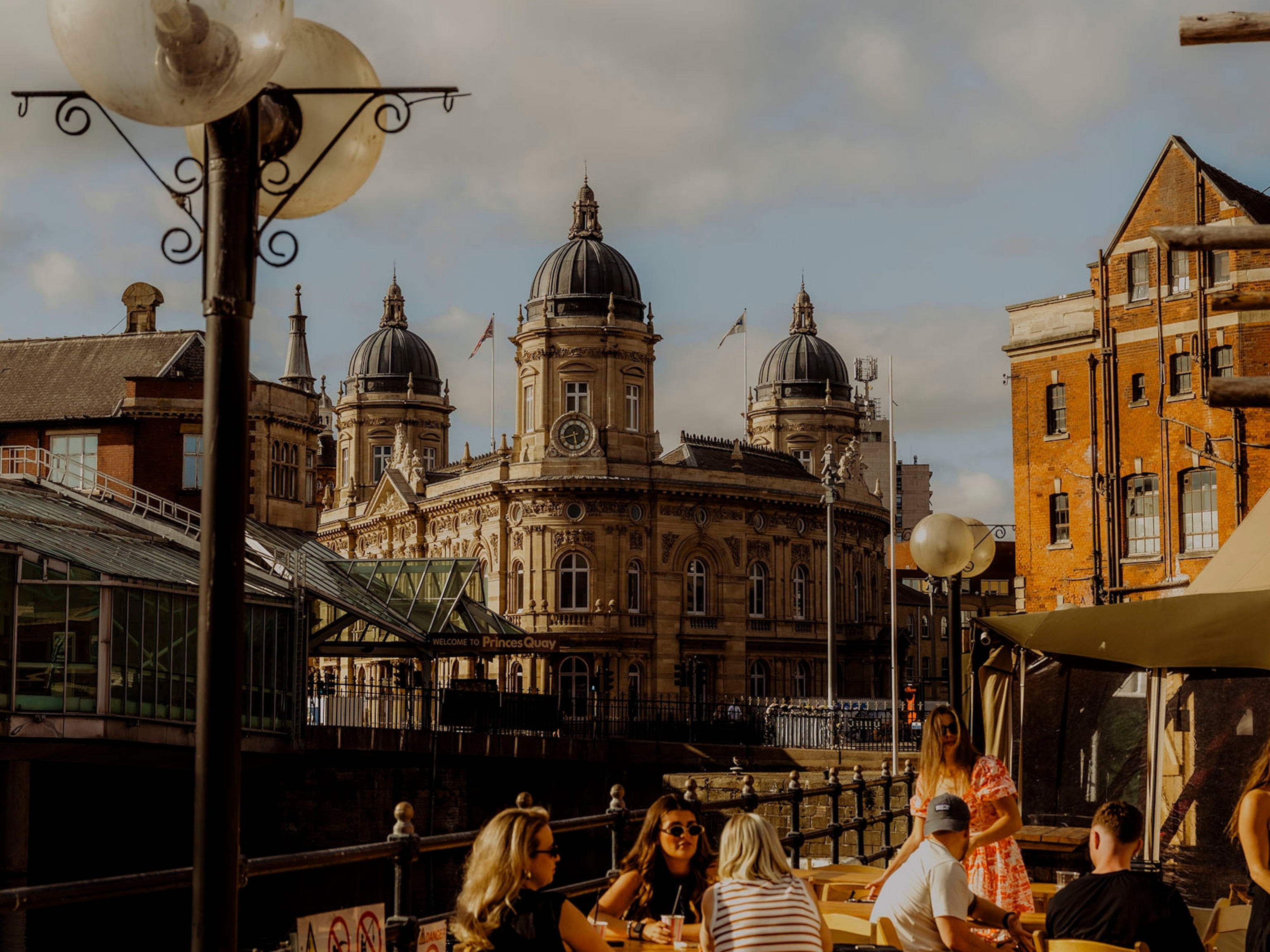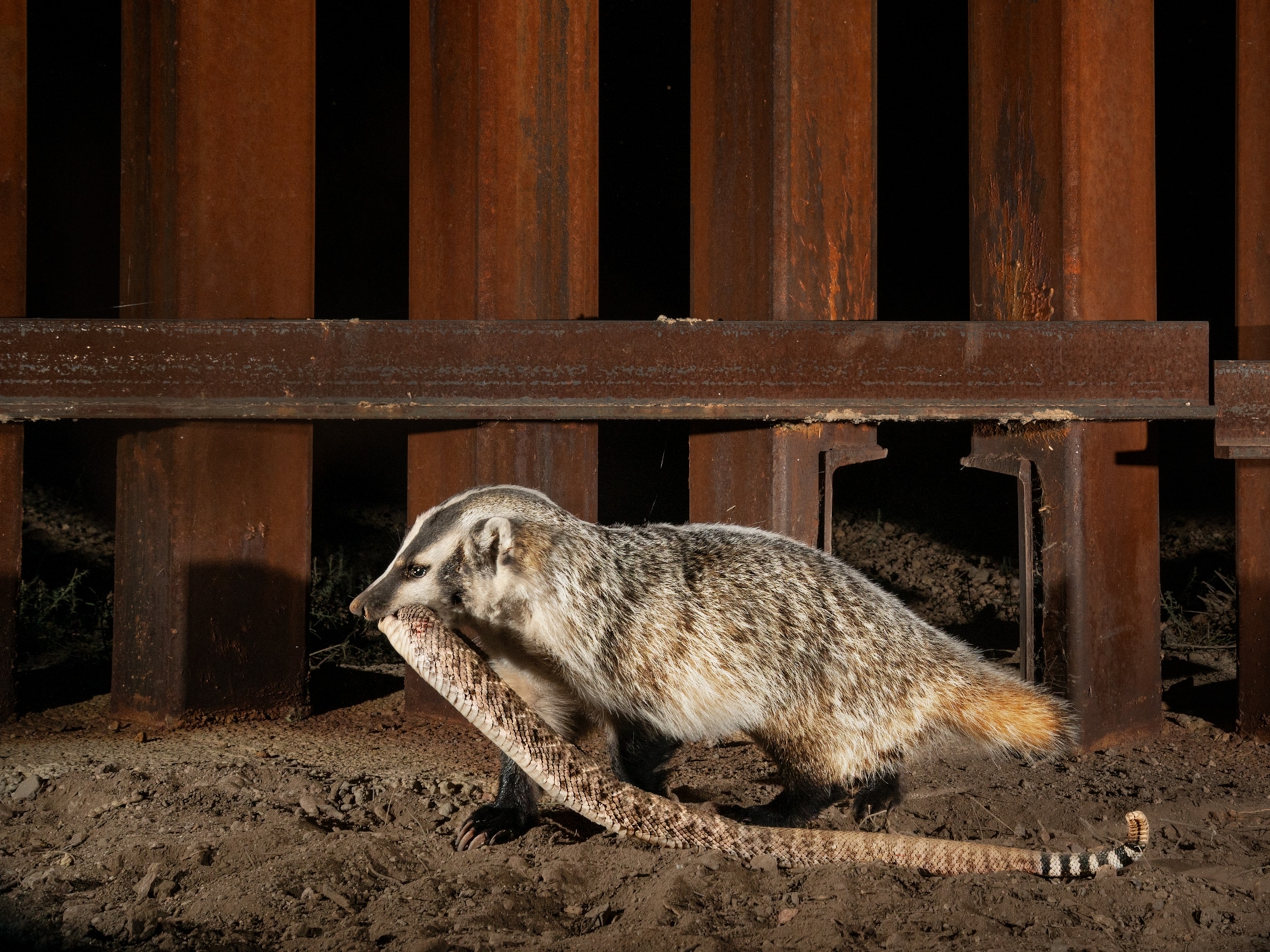
Iceland Will Stop Hunting Fin Whales...for Now
Iceland’s only fin whaling company says it won’t hunt the endangered whales for the Japanese market this summer.
Japanese restaurants might be serving up less whale meat next year: Iceland’s lone fin whaling company, Hvalur, just announced plans to cancel its summer hunt of endangered fin whales.
The Icelandic company’s main market for fin whale meat is Japan, but because of “endless obstacles” relating to Japan’s regulatory standards, its director, Kristjan Loftsson, decided to call the whole thing off, reports the Icelandic Monitor.
Loftsson says Japan’s methods for testing whale meat are outdated and make it too difficult for him to market his products. Norway faced similar issues last year, when Japan found that the country’s whale meat violated health standards.
The news was welcomed by wildlife activists. “Obviously this is really great,” says Clare Perry, team leader of the Oceans Campaign for the London-based Environmental Investigation Agency. “They’ve been killing an increasing amount of fin whales and exporting thousands of tons of whale meat to Japan.”
But Perry cautions that Loftssen’s decision might not stick. It’s not the first time they’ve canceled a hunt only to start up again. Hvalur called off its hunt after the tsunami hit Japan in 2011, Perry says, but resumed whaling in 2013 despite mounting international pressure to shut down his business. “So it seems that Kristjan Loftsson is maybe trying to put some pressure on Japan,” she says.
Anti-commercial whaling campaigners such as Perry argue that the practice is inhumane and hampers conservation efforts. Hunting fin whales is especially controversial because they’re the second-largest mammals on the planet, surpassed only by the blue whale. They’re also listed as “endangered” by the International Union for the Conservation of Nature, the organization that sets the conservation status of animals.
Iceland asserts that it hunts a tiny fraction of the estimated 20,000 fin whales in the surrounding waters of the North Atlantic. Whalers also argue that they’re keeping tradition alive and that whales eat too many fish, destroying those fisheries.
The country's whaling industry has always been contentious. Along with Japan, which claims its hunts are “scientific,” and Norway, Iceland continues annual whale hunts over the objections of most members of the International Whaling Commission, a voluntary body that banned hunting medium and large whales for profit in 1986.
Iceland didn’t initially object to the ban, but then quit the commission in 1992. The country was allowed to rejoin in 2002 despite a clause in its reentry bid objecting to the ban on commercial whaling. International trade in fin whale is banned, but a “reservation” to that ban allows Iceland to ship whale meat to Japan.
Each year, the Icelandic government sets kill quotas for fin whales and minke whales, another species the country hunts. Last year, Icelandic whalers hunted 155 fins and 29 minkes, which aren’t considered endangered.
Minke meat largely appeals to tourists who can order it in Icelandic restaurants. With little demand in Iceland for fin whale meat, Hvalur ships it all to Japan. But there’s not a big market in Japan, either, and reports say that fin whale meat has been piling up in freezers.
This story was produced by National Geographic’s Special Investigations Unit, which focuses on wildlife crime and is made possible by grants from the BAND Foundation and the Woodtiger Fund. Read more stories from the SIU on Wildlife Watch. Send tips, feedback, and story ideas to ngwildlife@natgeo.com.




